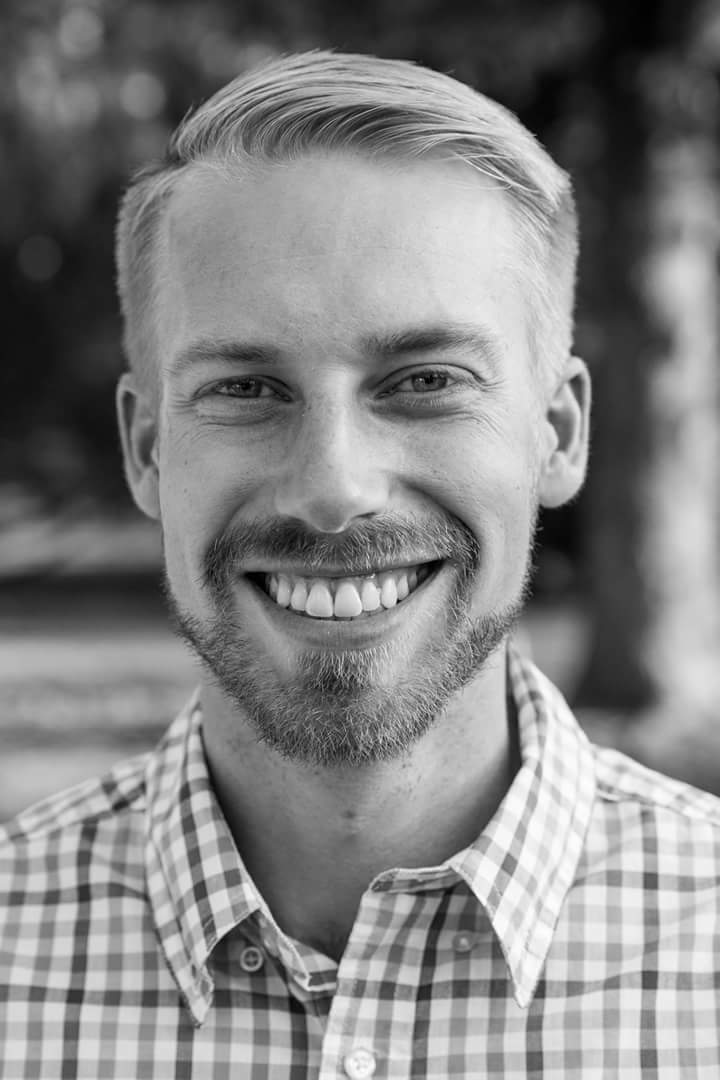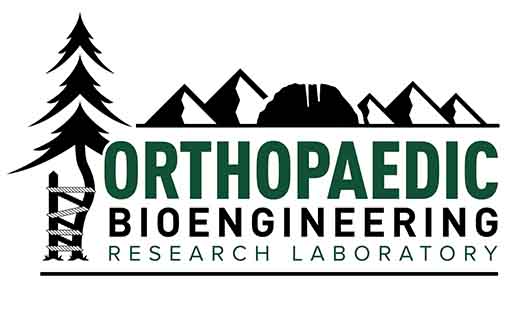
Kevin Labus
Research Scientist
Dr. Labus has a research interest in applying engineering mechanics to the study of biological tissues and systems in order to understand the underlying tissue mechanics and to develop medical solutions. His current work focuses on the development of technology for monitoring the progress of bone fracture healing based on mechanical load sharing. When a fracture is fixed with orthopaedic hardware, the relative load sharing between the hardware and the bone can inform the degree of healing. By measuring how the load sharing changes over time, one can predict if a fracture will heal normally, be delayed, or lead to a non-union. Physicians could potentially get this information prior to traditional radiographical evidence and make quicker decisions regarding continued treatment of the patient’s fracture. Dr. Labus is researching the fundamental technology, which uses wireless load sensor and radio frequency technology to measure the load on orthopaedic hardware, researching various orthopaedic applications, and developing a system for using the technology in a clinical setting.
Dr. Labus’s doctoral thesis utilized experimentation, computational modeling, and biological imaging to characterize the mechanics of brain tissue with applications in the modeling of brain surgery, surgical planning, and the study of traumatic brain injuries. Other projects have included biomechanical studies of the spine and intervertebral disc, the mechanics of total hip replacements, and articular cartilage wear in the knee.
Dr. Labus received his B.S. in Mechanical Engineering from the University of Notre Dame in 2011 and his Ph.D. in Bioengineering from Colorado State University in 2016 under the advice of Dr. Christian Puttlitz. He continued to work in the Orthopaedic Bioengineering Research Laboratory at Colorado State University where he is currently a Research Scientist.
